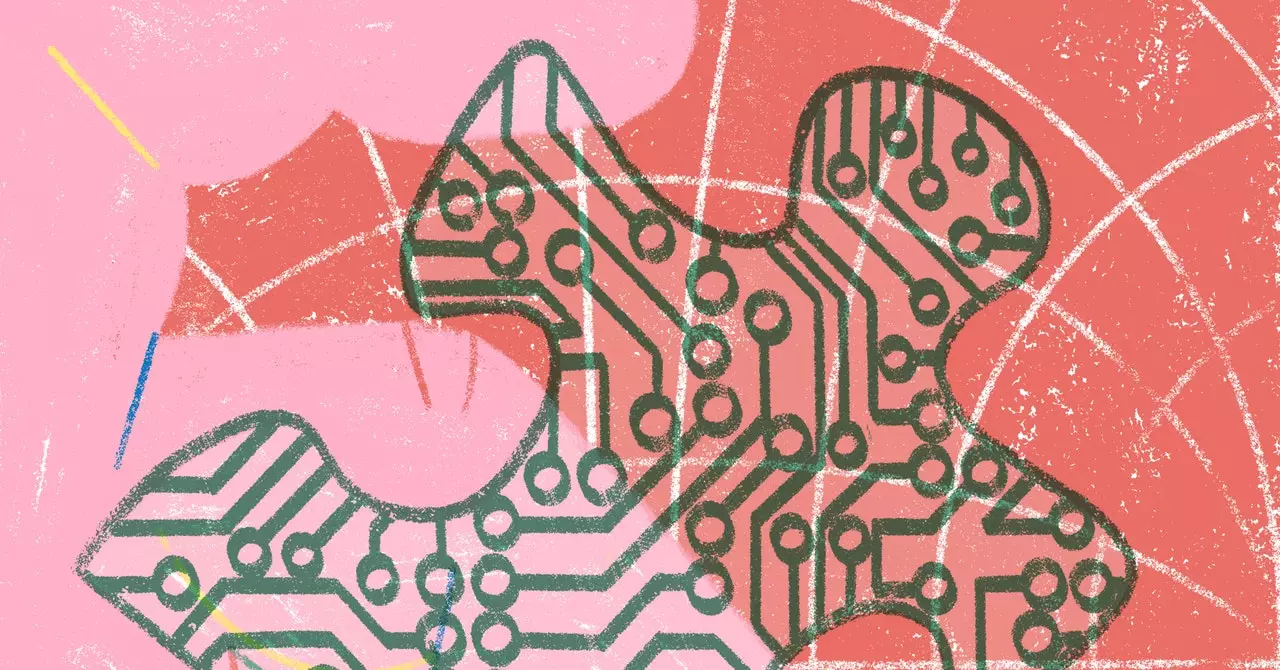The critique of Big Tech has evolved from niche discussions to mainstream conversations, encapsulating a wide range of voices—including political adversaries, notable journalists, and even entrepreneurs from recognized firms. A clear consensus emerges: many now see the monolithic structures of Big Tech companies as detrimental to society. Investors and founders alike from influential groups like Y Combinator and a16z are advocating for the revival of “little tech,” arguing for decentralized, user-centric alternatives to the monopolistic grip of established tech giants.
The imminent collapse of Big Tech can be attributed to various factors, with the adverse side effects of their business models being profoundly evident. Centralization exponentially increases the risk of data breaches, surveillance, and the manipulation of information. These threats are no longer hypothetical scenarios; tangible events have highlighted the perils inherent in concentrating power within a select group. A recent incident, the CrowdStrike outage in mid-2024, serves as a chilling reminder. The cascading failures it triggered—not only in hospitals and banking systems but also in critical infrastructure like交通 control—illustrate that shortcuts taken by major players like Microsoft can have dire consequences. This incident alone is a testament to the urgent need for a reassessment of how much power is legitimately safe in the hands of so few.
Moreover, the once-promising allure of artificial intelligence is waning. Despite the large sums poured into AI development, firms like Goldman Sachs and Sequoia Capital are sounding alarms about a disconnect between investment and actual return on investment (ROI). Concerns over the unsustainable costs required to create thriving, large-scale AI infrastructures raise serious doubts about the economic viability of the sector. Furthermore, as privacy issues gain traction among the public and regulatory bodies, the dependence of AI technologies on sensitive data becomes an increasingly contentious topic. For instance, Microsoft’s controversial announcement of its Recall feature underscores these challenges, revealing a disturbing trend where user privacy is compromised for the sake of enhancing AI capabilities.
However, the erosion of Big Tech’s dominance is kindling significant interest in developing alternative frameworks that prioritize democracy, independence, and transparency. Enthusiastic minds across Europe are spearheading initiatives that propose the creation of independent technological infrastructures. By fostering collaborations that involve open-source developers, governance scholars, and political economists, these efforts aim to design systems that break the monopolistic paradigm held by major players. This shift not only promises to empower users but also envisions an ecosystem where technology serves the many rather than the privileged few.
While Big Tech faces mounting criticism and impending challenges, there is a silver lining. This transitional phase heralds the potential for more equitable tech solutions that prioritize community values and democratic operations. As innovators rally around this vision, the landscape of technology may soon shift toward a more inclusive and responsible future.

